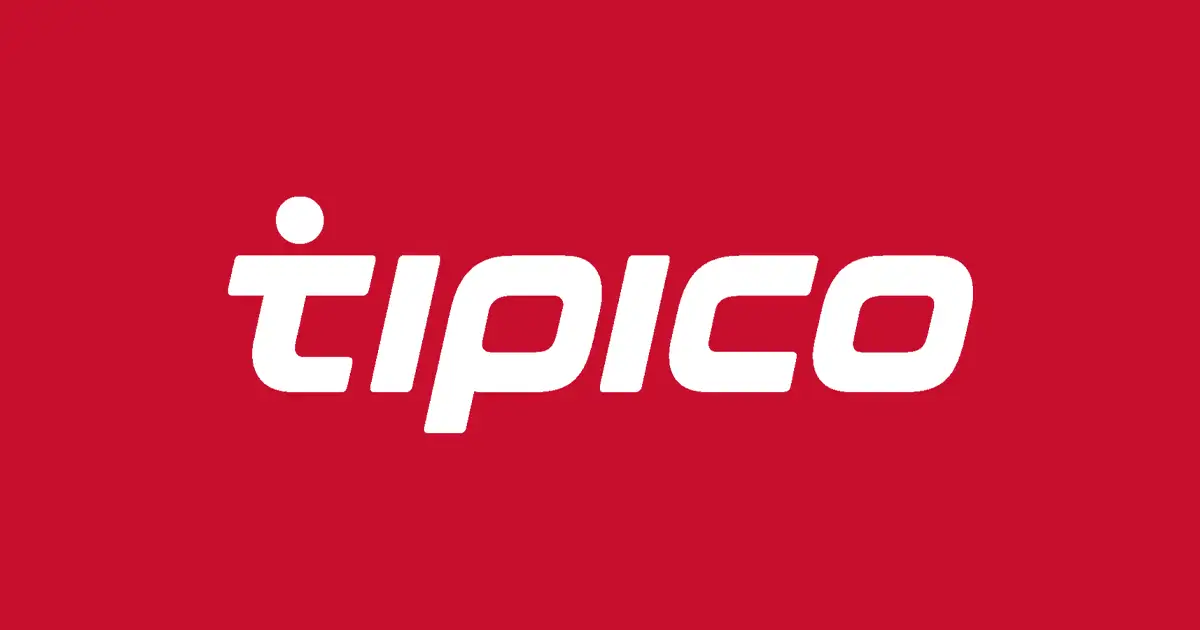Germany awaits decision EU Court of Justice on reimbursement of losses at illegal casinos
A landmark decision could soon redefine the legal landscape of online gambling in Europe. Indeed, the Court of Justice of the European Union (CJEU) is being asked to rule on a crucial question: are players who have lost money at online casinos operating illegally on the territory of a Member State entitled to be reimbursed?
The facts
It all started in Germany, where a player filed a complaint against the sports betting operator Tipico. The latter, although holding a Maltese license, offered its services in Germany without the required authorization. The player, having lost nearly €3,700 between 2013 and 2018, considers that the contracts he entered into with Tipico are null and void, as they were concluded in the context of an illegal activity.
The German Federal Court of Justice, which has been seized of the case, has decided to refer the matter to the CJEU. The latter will have to consider in particular the compatibility between the freedom to provide services within the European Union and national regulations on gambling.
The arguments
The player’s lawyers argue that the contracts concluded with Tipico are null and void, because they violate German law. They point out that gambling is strictly regulated in Germany and that any operator who does not hold a license is liable to sanctions.
For its part, Tipico highlights the freedom to provide services, guaranteed by European law. According to the operator, holding a license in another Member State should allow it to offer its services in all countries of the European Union.
The stakes of this decision
The judgment that the CJEU will hand down will have considerable consequences for the entire online gambling sector in Europe. It could notably:
- Clarify the liability of gambling operators: In the event of a decision in favor of players, operators who have not obtained the necessary authorisations to carry out their activity could be required to reimburse the sums lost by players.
- Influence the practices of national regulators: Member States could be encouraged to speed up their licensing procedures in order to avoid seeing a proliferation of disputes.
- Change the behavior of players: If players know that they can be reimbursed in the event of a dispute, they could be tempted to play on unauthorized sites.
A delicate balance to be struck
The CJEU will have to strike a balance between the need to protect consumers and the need to promote the free movement of services. This is a complex issue, which highlights the difficulties linked to the regulation of a constantly evolving sector.
The CJEU’s decision, which is eagerly awaited by the players in the sector, could mark a turning point in the history of online gambling in Europe.


